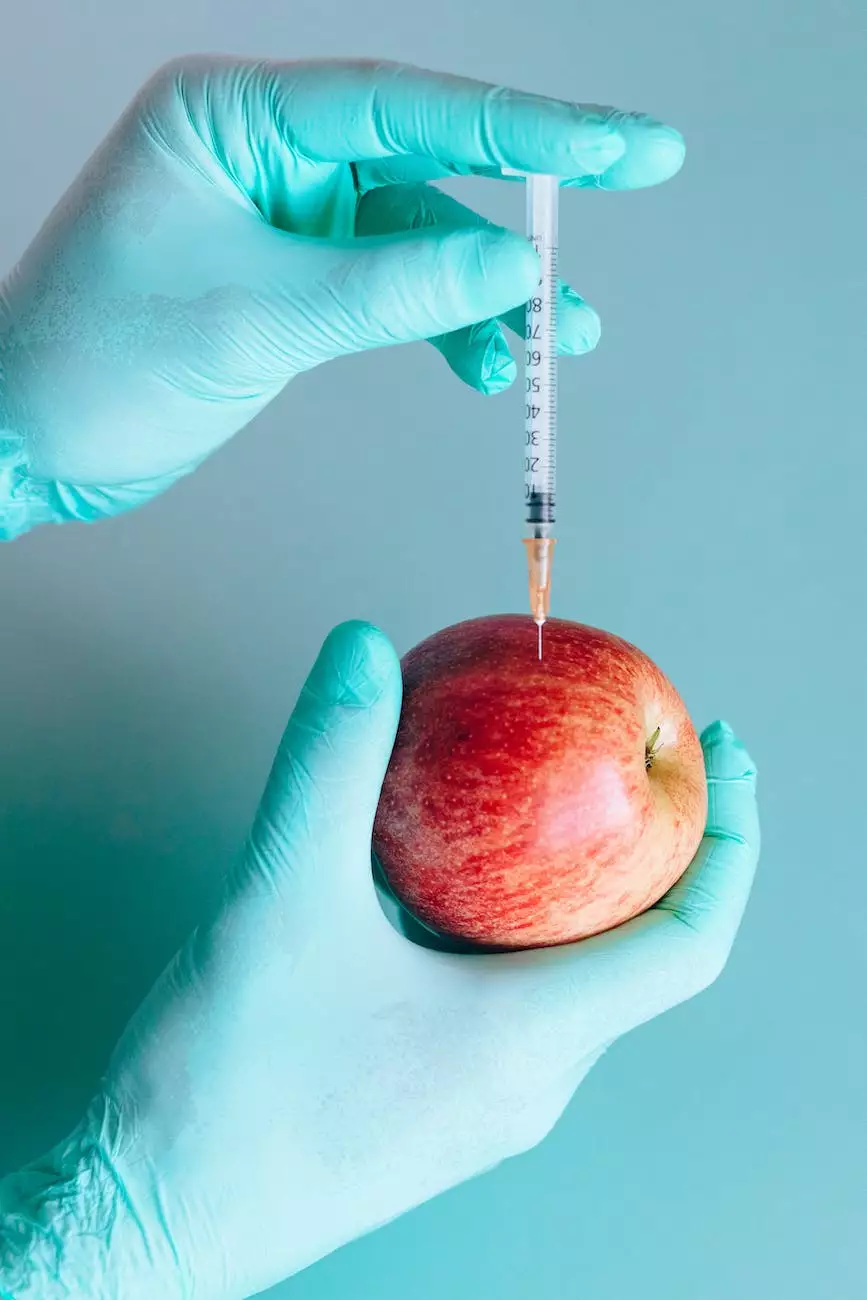Coffee and Tea Consumption and the Risk of Invasive Breast Cancer in Postmenopausal Women
News & Events
Welcome to Sibel Blau, your trusted source of health information. In this article, we will dive into the potential relationship between coffee and tea consumption and the risk of invasive breast cancer in postmenopausal women.
The Importance of Understanding Breast Cancer Risk
When it comes to breast cancer, understanding the potential risk factors is crucial for prevention and early detection. Postmenopausal women, in particular, need to be well-informed about various lifestyle aspects that may influence their breast cancer risk.
The Role of Coffee and Tea Consumption
Many studies have explored the potential link between coffee and tea consumption and breast cancer risk. Recent research suggests that the compounds found in coffee and tea, such as polyphenols and antioxidants, may have a protective effect against cancer development.
Several large-scale studies have examined the relationship specifically in postmenopausal women. These studies have shown mixed results, with some indicating a possible decrease in breast cancer risk with increased coffee and tea consumption, while others show no significant association.
Coffee Consumption and Breast Cancer Risk
A study published in the International Journal of Cancer in 2020 analyzed data from thousands of postmenopausal women. The study found that higher coffee consumption was associated with a reduced risk of invasive breast cancer. The protective effect seemed to be dose-dependent, meaning that the more coffee women consumed, the lower their risk appeared to be.
However, it's important to note that excessive coffee consumption may have adverse health effects, such as increased heart rate and digestive issues. Moderation is key when it comes to incorporating coffee into your daily routine.
Tea Consumption and Breast Cancer Risk
A comprehensive review published in the European Journal of Cancer Prevention in 2019 examined multiple studies on tea consumption and breast cancer risk. The review concluded that regular tea consumption, especially green tea, may have a protective effect against breast cancer.
Green tea contains high levels of catechins, a type of antioxidant that has been shown to inhibit the growth of cancer cells. Including green tea as part of a healthy diet may offer additional health benefits beyond potentially reducing breast cancer risk.
Factors to Consider
While the studies mentioned above provide valuable insights, it's essential to consider various factors that may affect the relationship between coffee and tea consumption and breast cancer risk:
- Genetic predisposition: Individual genetic factors play a role in determining susceptibility to breast cancer. Coffee and tea consumption may have a different impact on individuals based on their genetic makeup.
- Other dietary choices: Coffee and tea consumption usually go hand in hand with other dietary habits. A well-balanced diet rich in fruits, vegetables, and whole grains is generally associated with a reduced risk of breast cancer.
- Lifestyle factors: Factors such as physical activity, alcohol consumption, and smoking can also influence breast cancer risk. It's important to maintain a healthy lifestyle overall.
Conclusion
While coffee and tea consumption may offer potential benefits in reducing the risk of invasive breast cancer in postmenopausal women, it's crucial to remember that no single factor can guarantee complete protection against the disease.
Sibel Blau is dedicated to providing comprehensive health information to empower individuals to make informed decisions about their well-being. By understanding the current research and considering it within the broader context of a healthy lifestyle, you can take steps towards reducing your breast cancer risk.




